There was a time when loosely structured, meandering little indie films like Love After Love were all the rage. There were two, actually; the late ’70s and the late ’90s. Perceptive readers will recognize that it is neither the late ’70s nor the late ’90s — and therein lies the problem with this movie, a film out of pace with its era that feels too dignified to go straight to streaming but too unpolished for a theatrical release. This prolonged meditation on grief isn’t exactly bad, but like the mourning process, it is somewhat tedious and only gets harder to watch the longer it goes on.
Writer/director Russell Harbaugh, making his feature debut, focuses on the dissolution of a family in the wake of their patriarch’s passing, examining episodic incidents rooted in the relationships of widowed Suzanne (Andie MacDowell) and her two adult sons Nicholas (Chris O’Dowd) and Chris (James Adomian). As Suzanne struggles to move on, Nicholas and Chris flounder in the face of failing romantic entanglements and inferiority complexes. Nicholas is an utterly self-absorbed borderline sociopath with a quasi-incestuous attachment to his mother, while Chris is self-loathing drunken man-child completely lacking in ambition or resolve. Even Suzanne’s eminently relatable inner turmoil is tinged with an unadmirable degree of self-indulgence, generating as much pity as pathos.
While Harbaugh takes great pains to flesh out his characters, his fragmented narrative lends a quality of superficiality to their melodrama. We get that they’re all grieving in their own ways, and we understand why — but my reaction to their plight could be generously summed up as a resounding “So what?” Harbaugh is telling a story about predominantly unlikable characters facing a universal problem with an unearned sense of self-importance that drifts from sequence to sequence without ever making a point of any consequence. The closest he ever comes to making any sort of definitive statement on his subject is a third-act stand-up set performed by Chris that’s as revelatory as it is legitimately funny, but at this point in the film, it’s far too little, too late.
The sole redeeming factor in this stolid enterprise is the performances from its central cast, and MacDowell, O’Dowd and Adomian are stellar across the board. But even that presents problems, as O’Dowd’s Nicholas is so despicable that it’s almost disturbing that he plays him so well, Adomian’s Chris is thoroughly marginalized despite the fact that he’s the closest this film comes to an emotional core, and MacDowell’s performance proves that she can, in fact, act, but must have actively chosen not to for all these years.
Granted, I’m not in the target demographic for a maudlin story about baby boomer mortality, but even if I were, I find it hard to imagine that I’d find much purpose in a film this pointless. Harbaugh reaches for the social realism of early Cassavetes but only attains a sort of slipshod Soderbergh, and the most interesting thing about his directorial style is his decision to shoot on 16 mm. I don’t hate Love After Love, but I do hate a cinematic environment in which it could be deemed relevant. Not Rated.
Opens Friday at Grail Moviehouse.


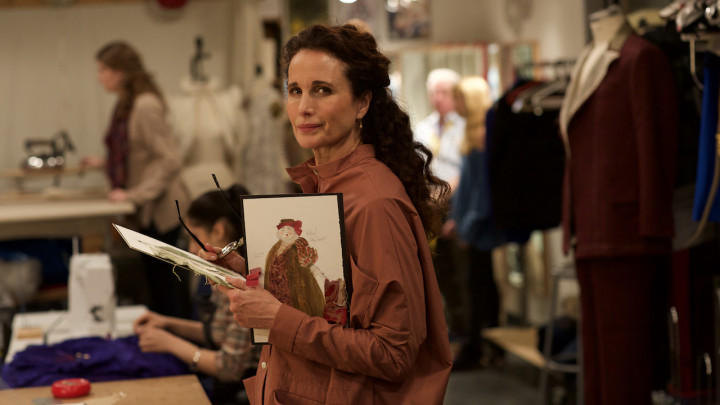
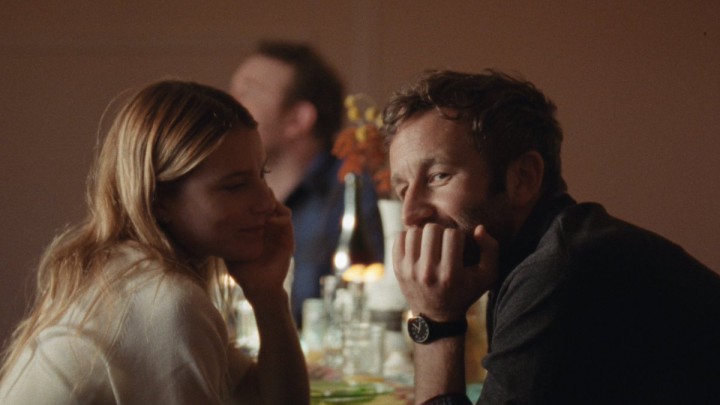
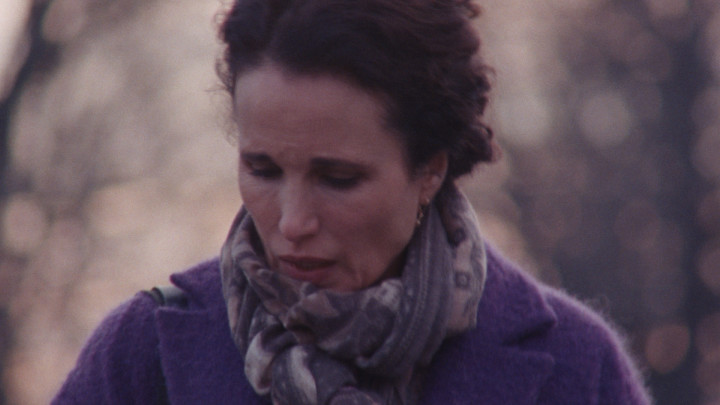
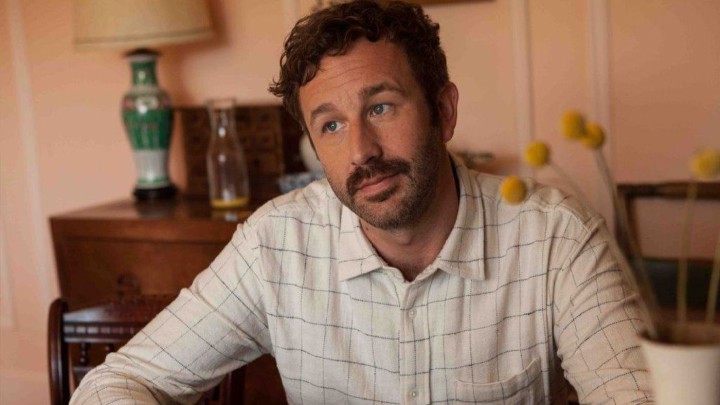
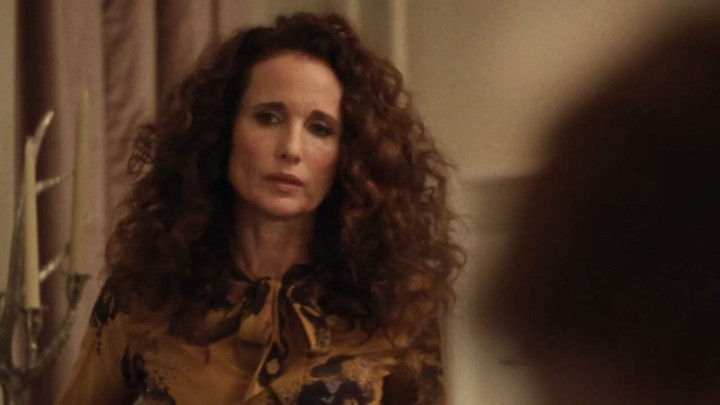

Before you comment
The comments section is here to provide a platform for civil dialogue on the issues we face together as a local community. Xpress is committed to offering this platform for all voices, but when the tone of the discussion gets nasty or strays off topic, we believe many people choose not to participate. Xpress editors are determined to moderate comments to ensure a constructive interchange is maintained. All comments judged not to be in keeping with the spirit of civil discourse will be removed and repeat violators will be banned. See here for our terms of service. Thank you for being part of this effort to promote respectful discussion.